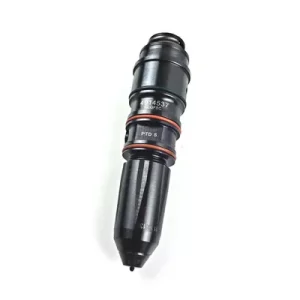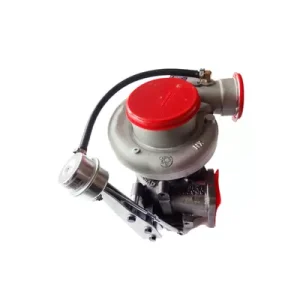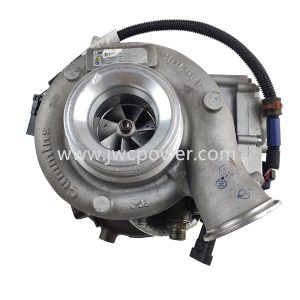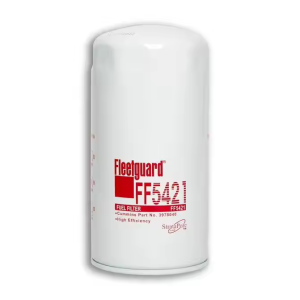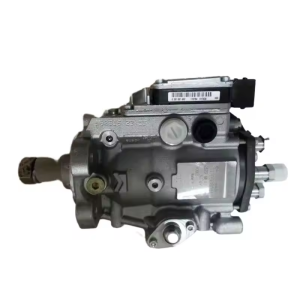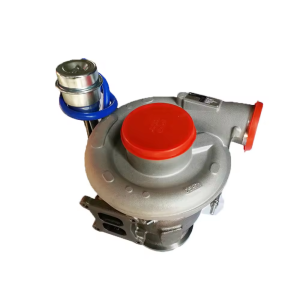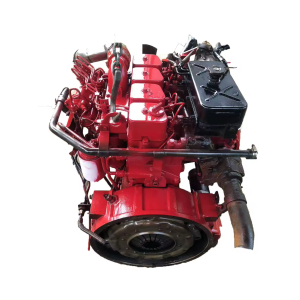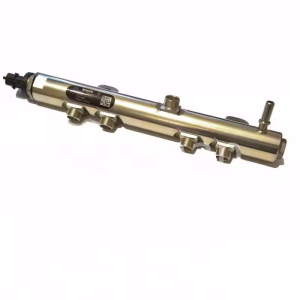The cylinder head is one of the most critical components in a diesel engine, playing a vital role in combustion efficiency, airflow, and sealing. However, due to extreme heat, pressure, and mechanical stress, cylinder heads can develop various issues that affect engine performance. In this blog, we’ll explore the most common diesel engine cylinder head problems, their symptoms, causes, and how to fix or prevent them.
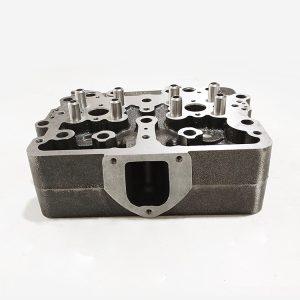
1. Cylinder Head Cracking
Causes:
Thermal Stress: Rapid heating and cooling cycles can cause cracks due to uneven expansion.
Overheating: Poor cooling system maintenance, low coolant levels, or a faulty thermostat can lead to excessive heat.
Detonation or Pre-Ignition: Improper fuel combustion increases pressure, stressing the head.
Manufacturing Defects: Poor casting quality or material flaws can lead to early failure.
Symptoms:
Coolant mixing with engine oil (milky sludge under the oil cap).
White exhaust smoke (burning coolant).
Loss of compression, misfires, or rough idling.
Overheating issues even after coolant refill.
Solutions:
Inspect for cracks using dye penetrant or pressure testing.
Repair minor cracks with specialized welding (if possible).
Replace the cylinder head if cracks are severe.
2. Warped Cylinder Head
Causes:
Overheating: The most common cause of warping.
Improper Torque: Uneven tightening of head bolts during installation.
Poor Gasket Sealing: A failed head gasket can lead to uneven pressure distribution.
Symptoms:
Compression leaks between cylinders.
Coolant or oil leaks from the head gasket area.
Engine misfires or reduced power.
Solutions:
Check for flatness with a straightedge and feeler gauge.
Machine the head if warping is minor (resurfacing).
Replace if warping is beyond repair limits.
3. Blown Head Gasket
Causes:
Overheating: Weakens the gasket material.
Excessive Boost Pressure (Turbocharged Engines): Increases combustion pressure.
Improper Installation: Incorrect torque sequence or reused gaskets.
Symptoms:
Bubbles in the coolant reservoir.
White exhaust smoke (coolant burning).
Oil contamination (milky residue).
Loss of engine power.
Solutions:
Replace the head gasket using proper torque specs.
Check for warping before reinstalling.
Inspect cooling system to prevent recurrence.
4. Valve Seat & Guide Wear
Causes:
High Mileage: Natural wear over time.
Poor Lubrication: Low-quality oil or infrequent changes.
Carbon Buildup: Leads to valve sticking and accelerated wear.
Symptoms:
Excessive valve train noise.
Poor compression (hard starting, low power).
Oil consumption through worn guides.
Solutions:
Recondition the head with new valve seats and guides.
Upgrade to hardened materials for high-performance engines.
Regular oil changes to prevent carbon buildup.
5. Corrosion & Cavitation
Causes:
Coolant Contamination: Mixed or old coolant losing its anti-corrosion properties.
Electrolysis: Stray electrical currents in the cooling system.
Cavitation Erosion: Coolant bubbles imploding and damaging metal.
Symptoms:
Pitting or erosion on the head surface.
Coolant leaks from corroded passages.
Overheating due to blocked coolant flow.
Solutions:
Flush and replace coolant regularly.
Use distilled water with proper antifreeze.
Inspect for electrolysis (check grounding issues).
6. Leaking Valve Seals
Causes:
Heat Aging: Rubber seals harden and crack over time.
Poor Installation: Incorrectly fitted seals.
Symptoms:
Blue smoke on startup (oil burning).
Increased oil consumption.
Fouled spark plugs (in diesel engines with glow plugs).
Solutions:
Replace valve stem seals.
Inspect valve guides for wear.
Preventive Maintenance Tips
To avoid cylinder head problems:
Monitor coolant levels and maintain the cooling system.
Avoid overheating by fixing cooling issues promptly.
Use quality fuel and oil to prevent carbon buildup.
Follow proper torque procedures when reinstalling heads.
Regular inspections for leaks, smoke, or performance drops.
Diesel engine cylinder heads endure extreme conditions, making them prone to cracking, warping, gasket failure, and valve issues. Recognizing early symptoms and performing timely repairs can save you from costly engine damage. Regular maintenance and proper installation practices are key to extending the life of your cylinder head and ensuring optimal engine performance.
If you suspect cylinder head problems, consult a professional mechanic for accurate diagnosis and repair. Ignoring these issues can lead to catastrophic engine failure!

